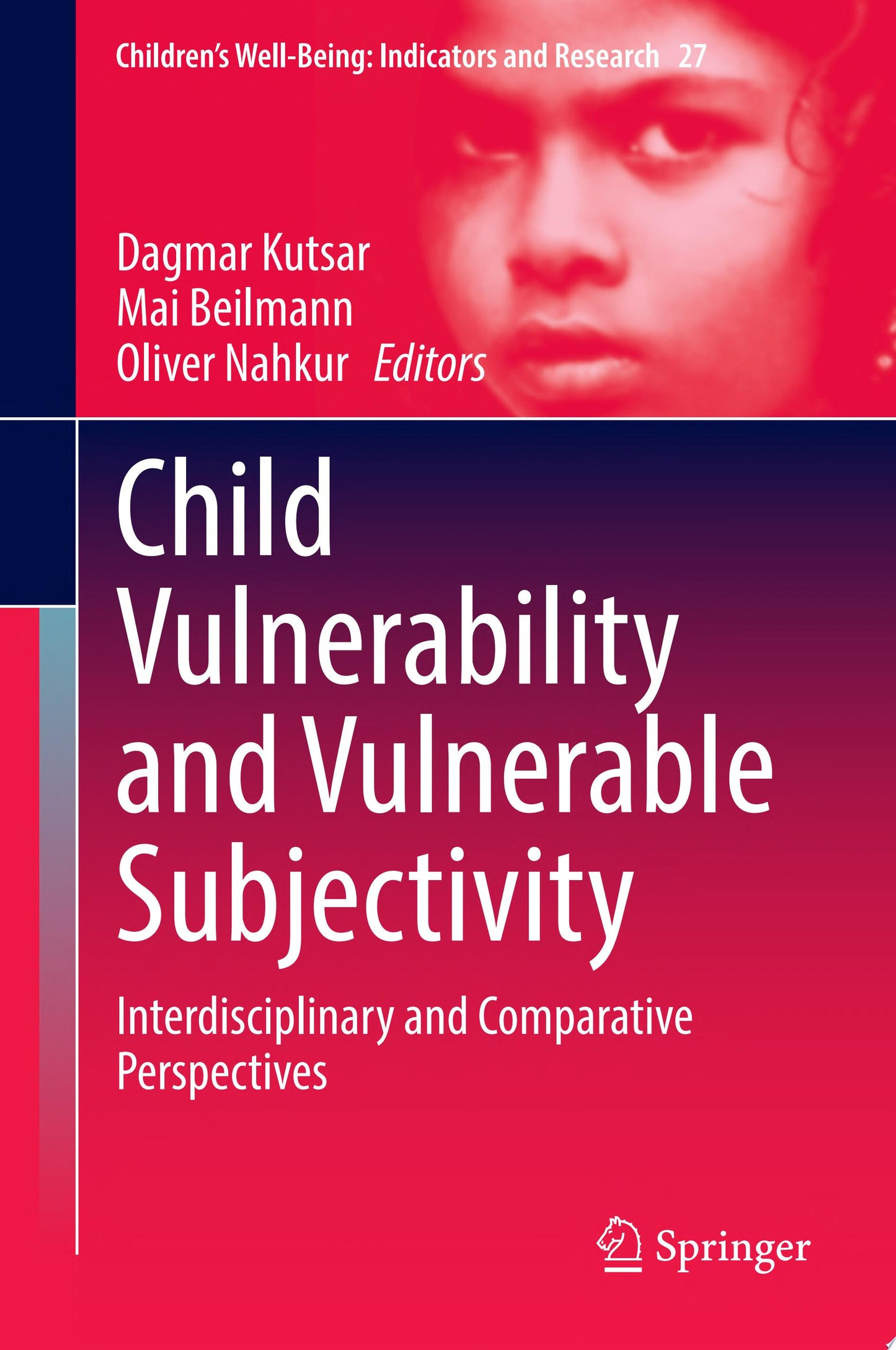Instant Download
Your unique download link appears right after you complete your purchase, and is also sent instantly to the email address you provided.
support@doctorbooks.online
Pediatrics Encyclopedia - up to 70% Off All Ebooks

Couldn't load pickup availability

Your unique download link appears right after you complete your purchase, and is also sent instantly to the email address you provided.
9783031613333, 3031613333
Mai Beilmann, Dagmar Kutsar, Oliver Nahkur
Springer Nature
July 29, 2024
282
Human Dignity of the Vulnerable in the Age of Rights explores the enduring relationship between human dignity and vulnerability, emphasizing that recognizing and protecting the inherent worth of the most vulnerable individuals is central to understanding the human condition. The volume argues that vulnerability is not a weakness but an intrinsic aspect of life, and that dignity belongs to all, including those who are frail, dependent, or limited. Challenging perspectives that equate power with worth, this work makes the case for legal, ethical, and social recognition of the rights of vulnerable populations, offering a philosophical and practical framework for safeguarding human dignity in contemporary society.
Key Features:

